In an age dominated by algorithms and automated experiences, we find ourselves at a pivotal juncture, questioning the very essence of progress. Is there genuine merit in automating facets of our lives, particularly without a blueprint for the enriched future we envision? Such reflections underscore the profound responsibility we hold in charting the course of Artificial Intelligence.
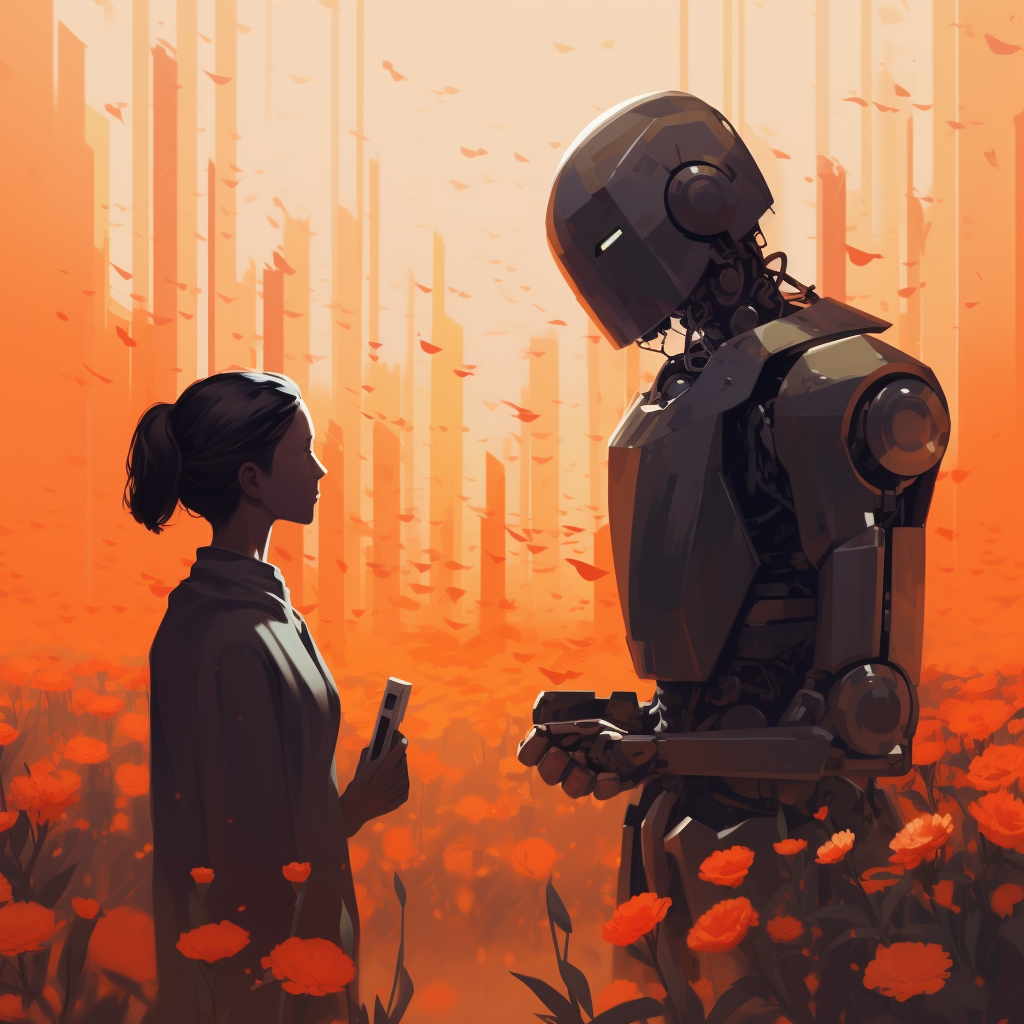
Margaret Visser rightly commented on the human tendency to take the commonplace for granted. Our passive acceptance of ubiquitous technology is emblematic of this. AI has seamlessly woven itself into the tapestry of our daily routines, often without our conscious acknowledgment. Just as Visser suggests, the things we overlook often wield the most profound influence over us.
Historian Melvin Kranzberg’s observation that technology is neither wholly good nor bad resonates deeply in this context. Its implications are shaped by our engagement. It’s tempting to label AI as the harbinger of a dystopian future. Yet, as Kranzberg highlighted, the intrinsic nature of technology is molded by human interaction. The true dilemma lies not in the technology itself but in our collective response to it.
As innovation pioneers, we must recognize that true progress isn’t about replicating the status quo with more efficiency. Maya Angelou’s words remind us that we wield the power to shape our narratives, regardless of external events. Thus, innovations should not merely improve efficiency but should also elevate our shared human experience.
Alexander von Humboldt opined that the essence of existence is the metamorphosis of vast life experiences into profound wisdom. Yet, as history indicates, we often shy away from self-evaluation, leading to stagnation. There’s an inherent paradox in our inventions, like during the Industrial Revolution, where progress sometimes seemed to render us less valuable. Similarly, with AI automating various tasks, we must grapple with the changing landscape of utility and relevance.
But, instead of viewing AI as a tool that diminishes our roles, it’s worth exploring the positive spaces it creates. This transformative journey can lead to a renaissance of activities, passions, and pursuits that were previously overshadowed by the mundane.
Perhaps the most salient reflection is to reassess our relationship with AI. Are we unwittingly allowing AI to define us, or can we leverage it as a catalyst for our evolution? The question isn’t about AI’s potential but about our aspirations and intent.
As Lewis Carroll eloquently portrayed through his whimsical characters, the journey’s direction is contingent on the destination we choose. In this AI-driven era, we must have clarity in our vision, ensuring that each technological leap aligns with our broader purpose: enriching the tapestry of human experience.


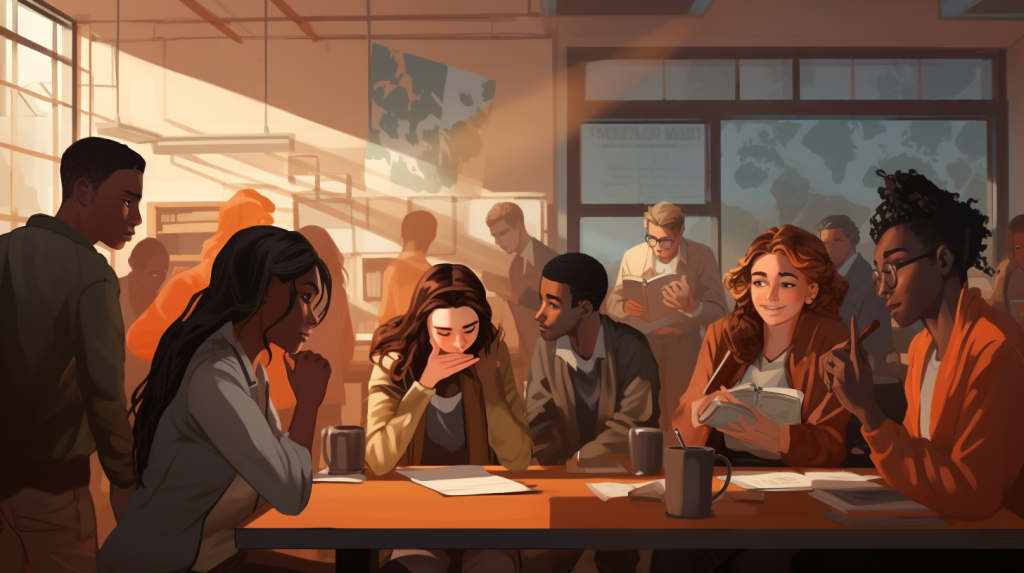
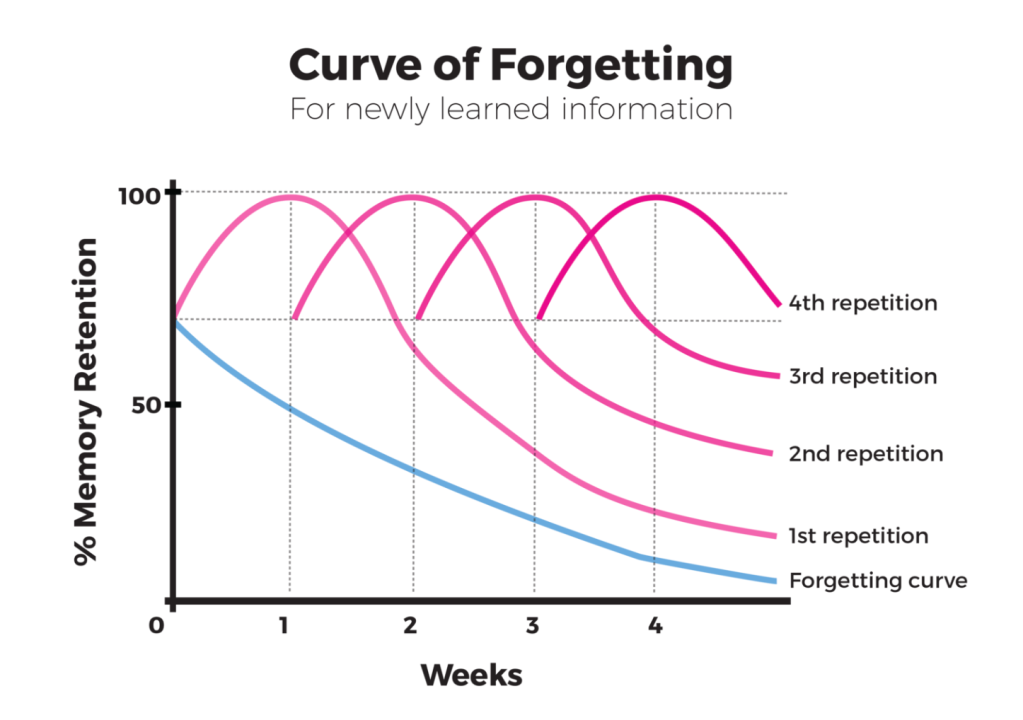
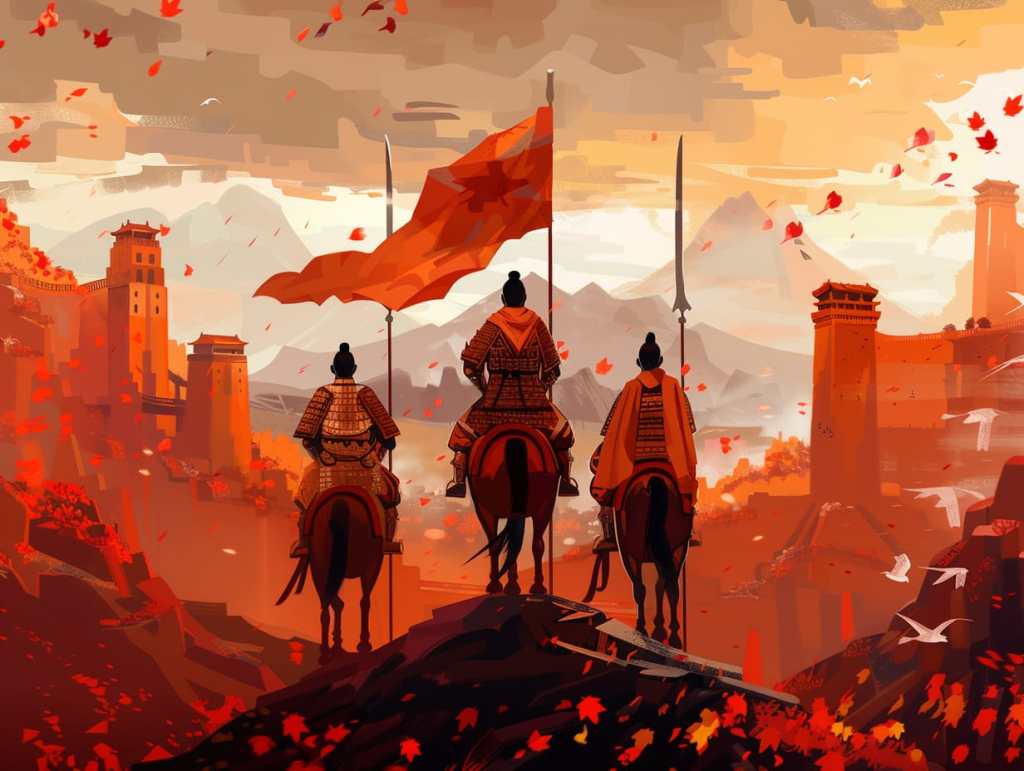

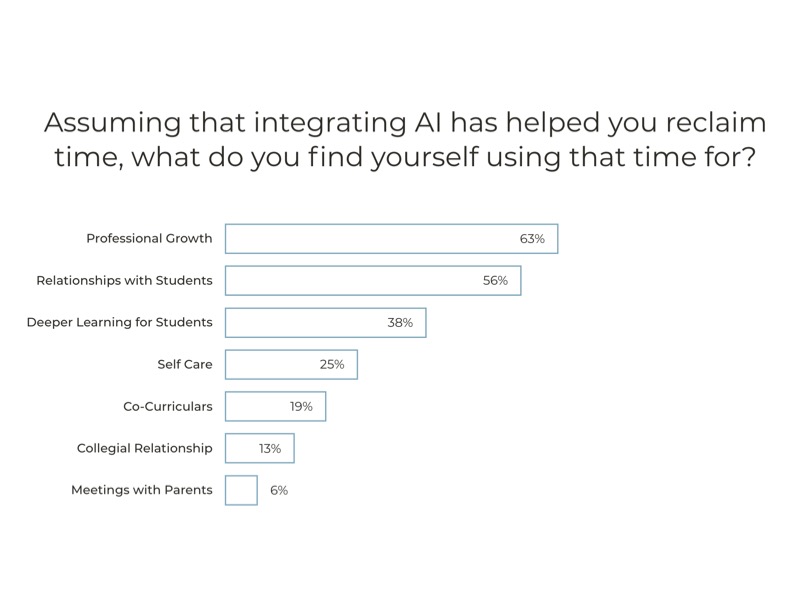
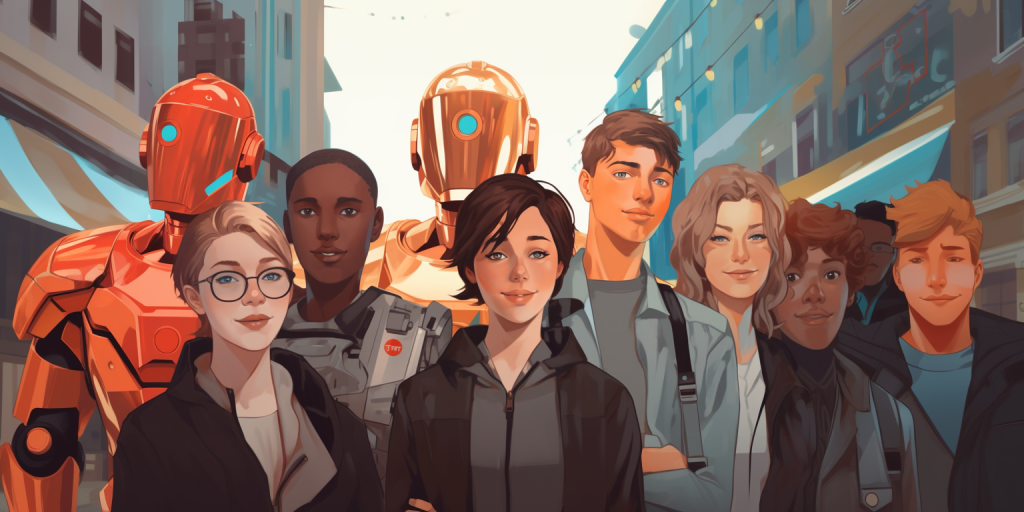
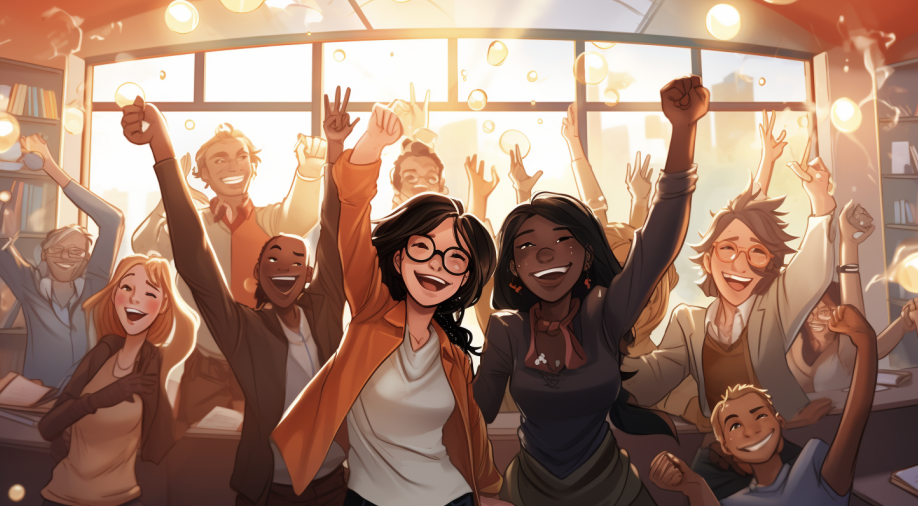
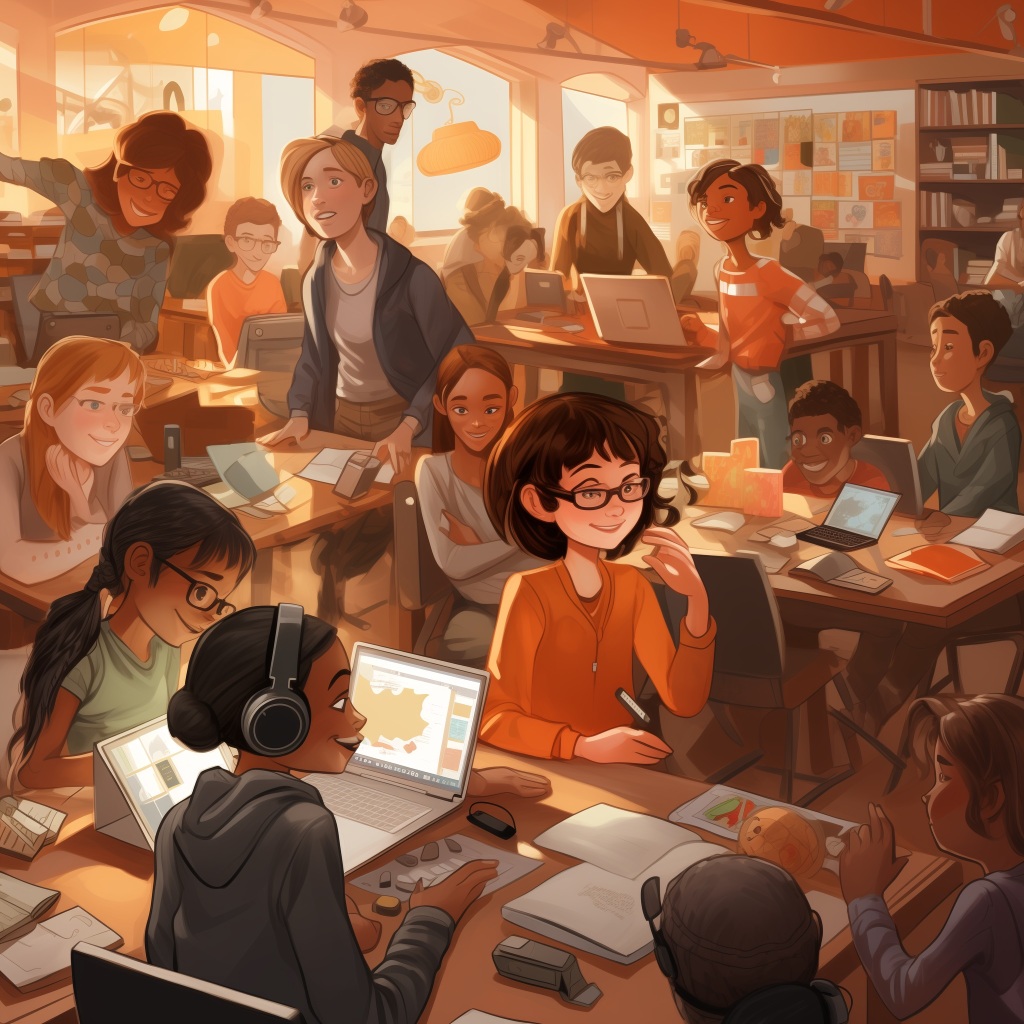


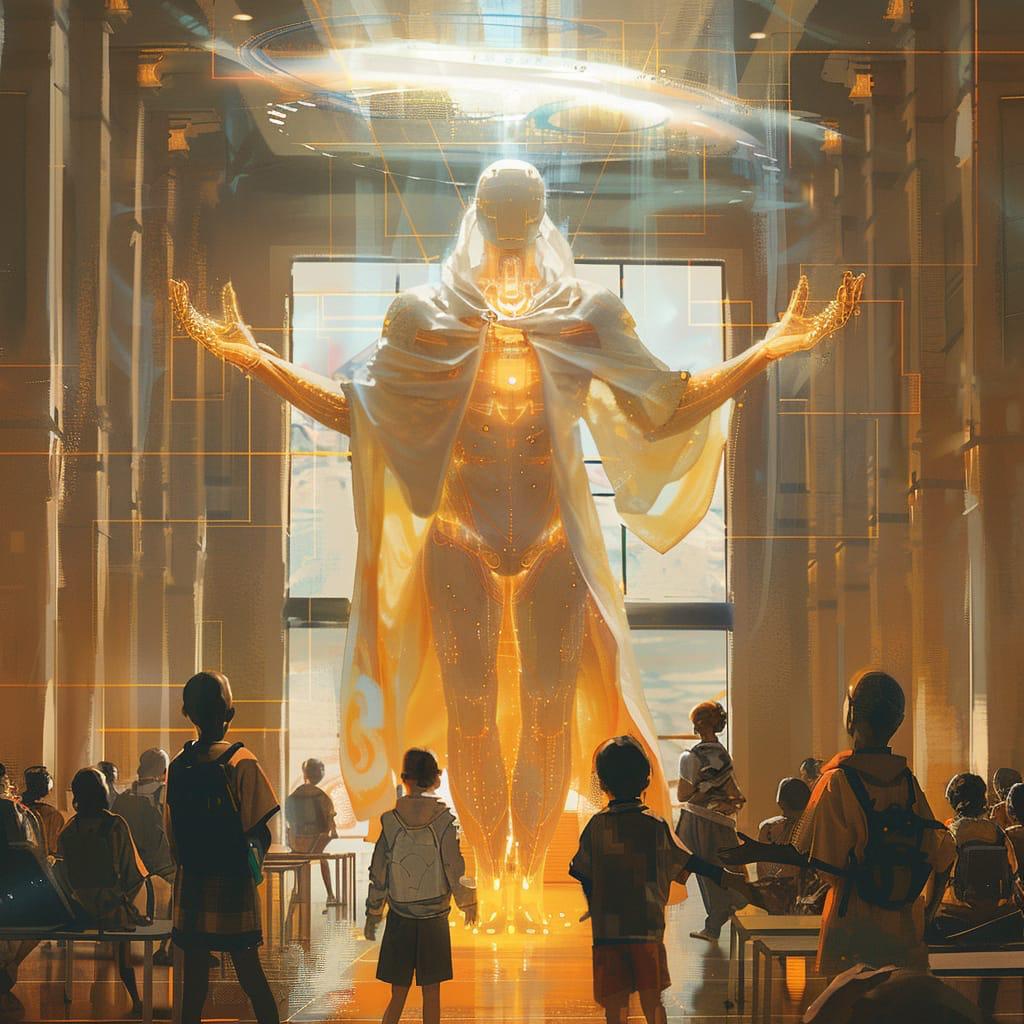

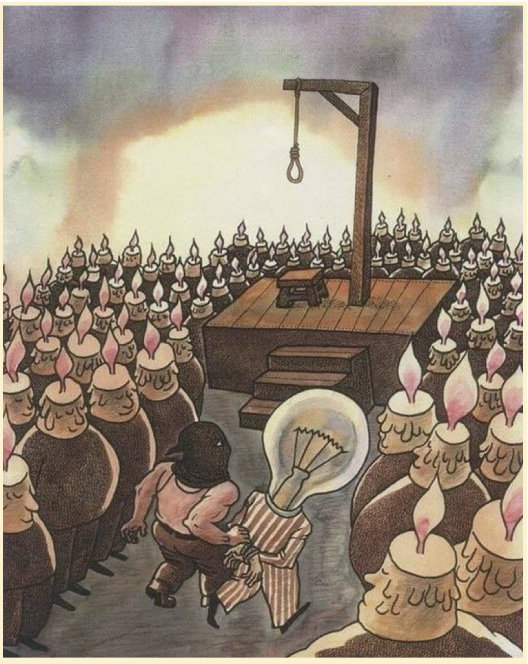
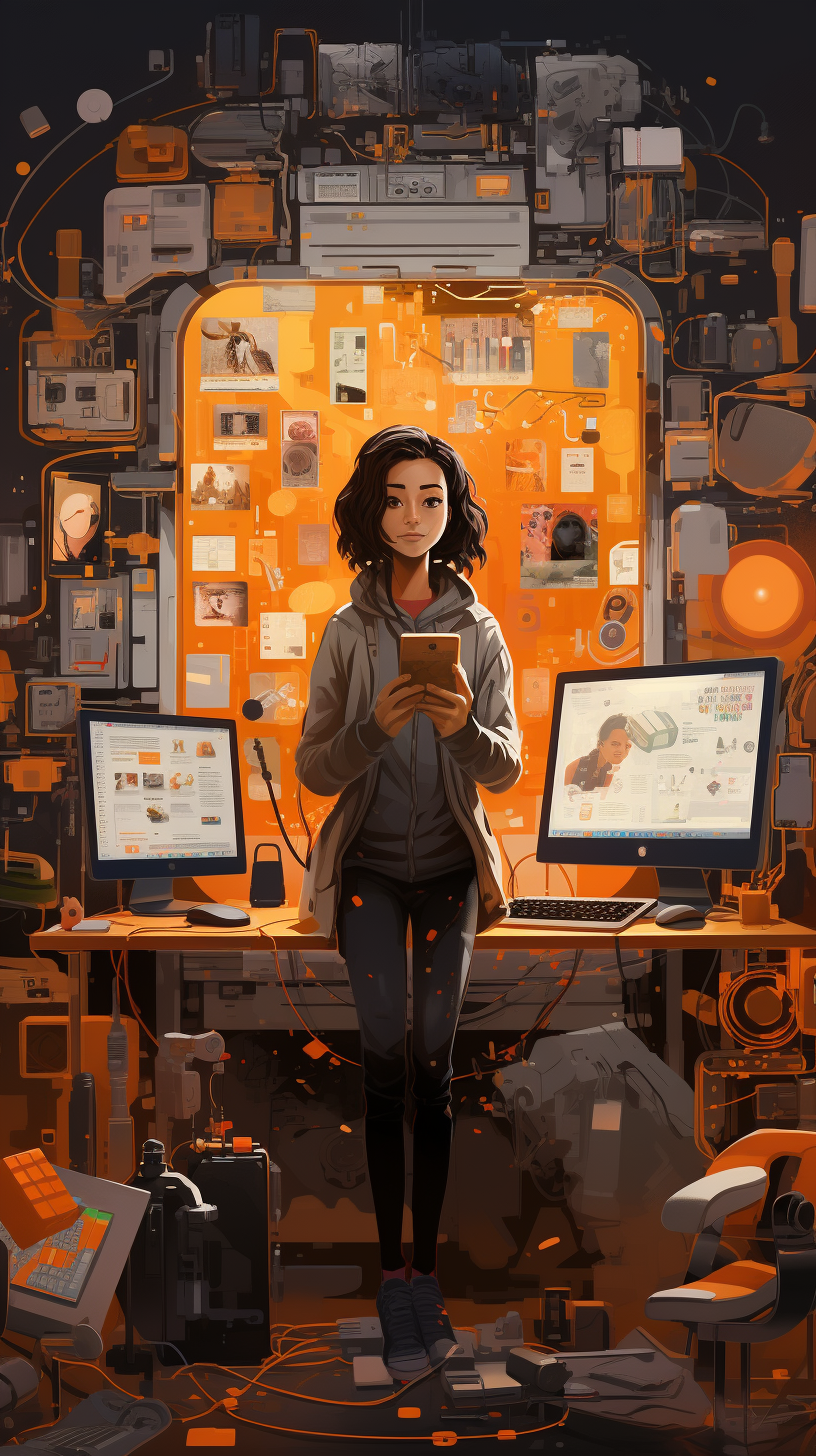
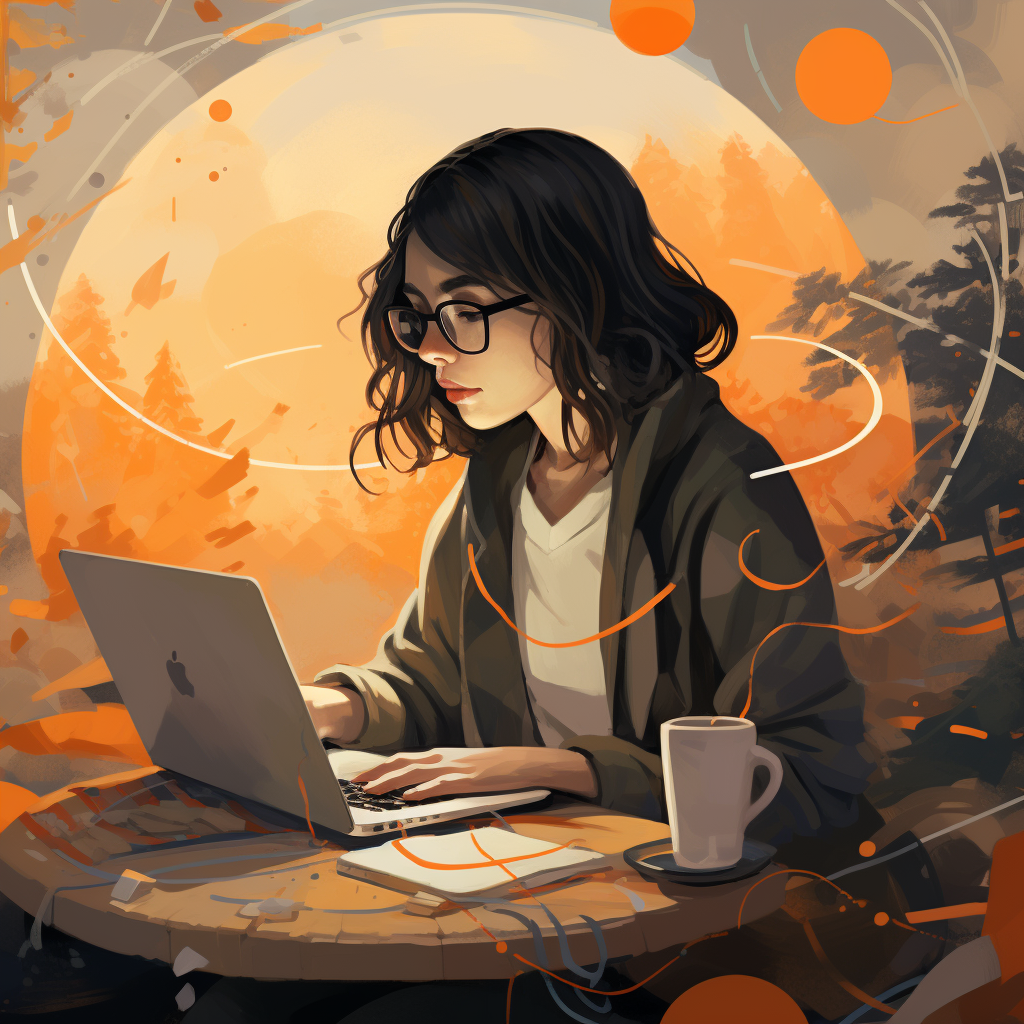

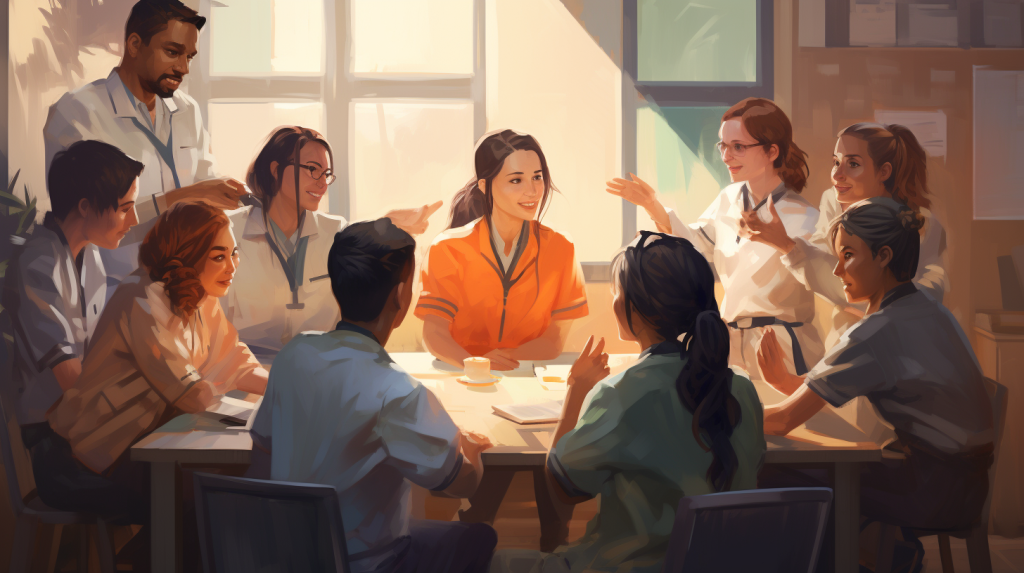

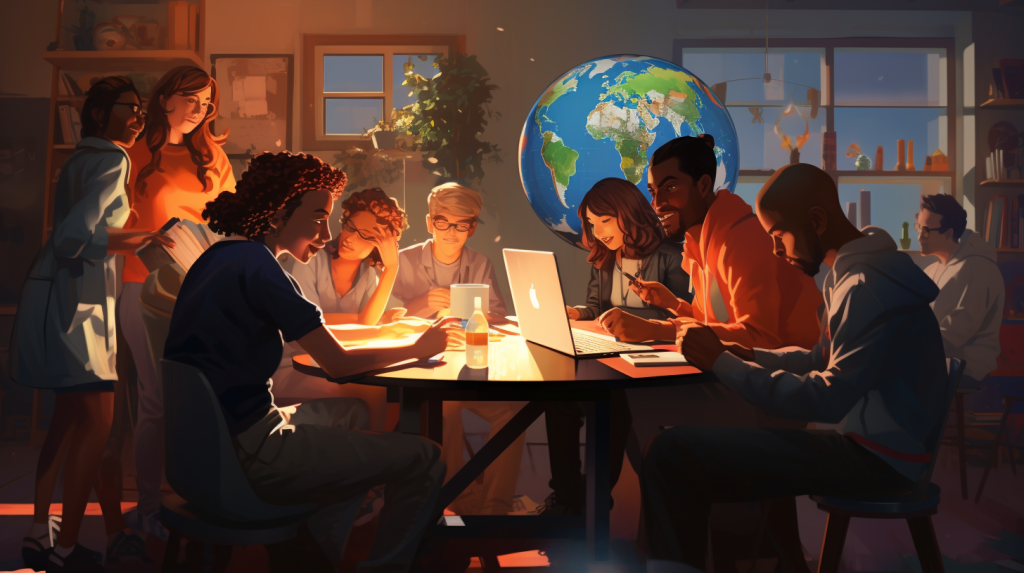

Leave a comment